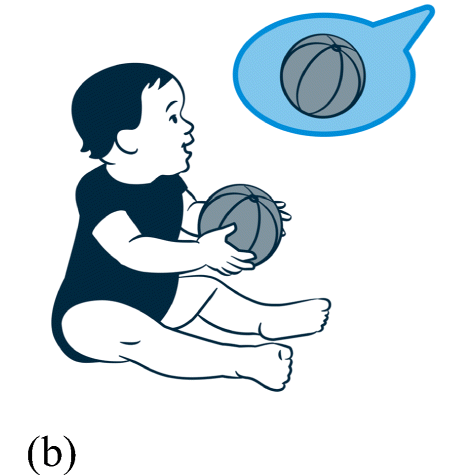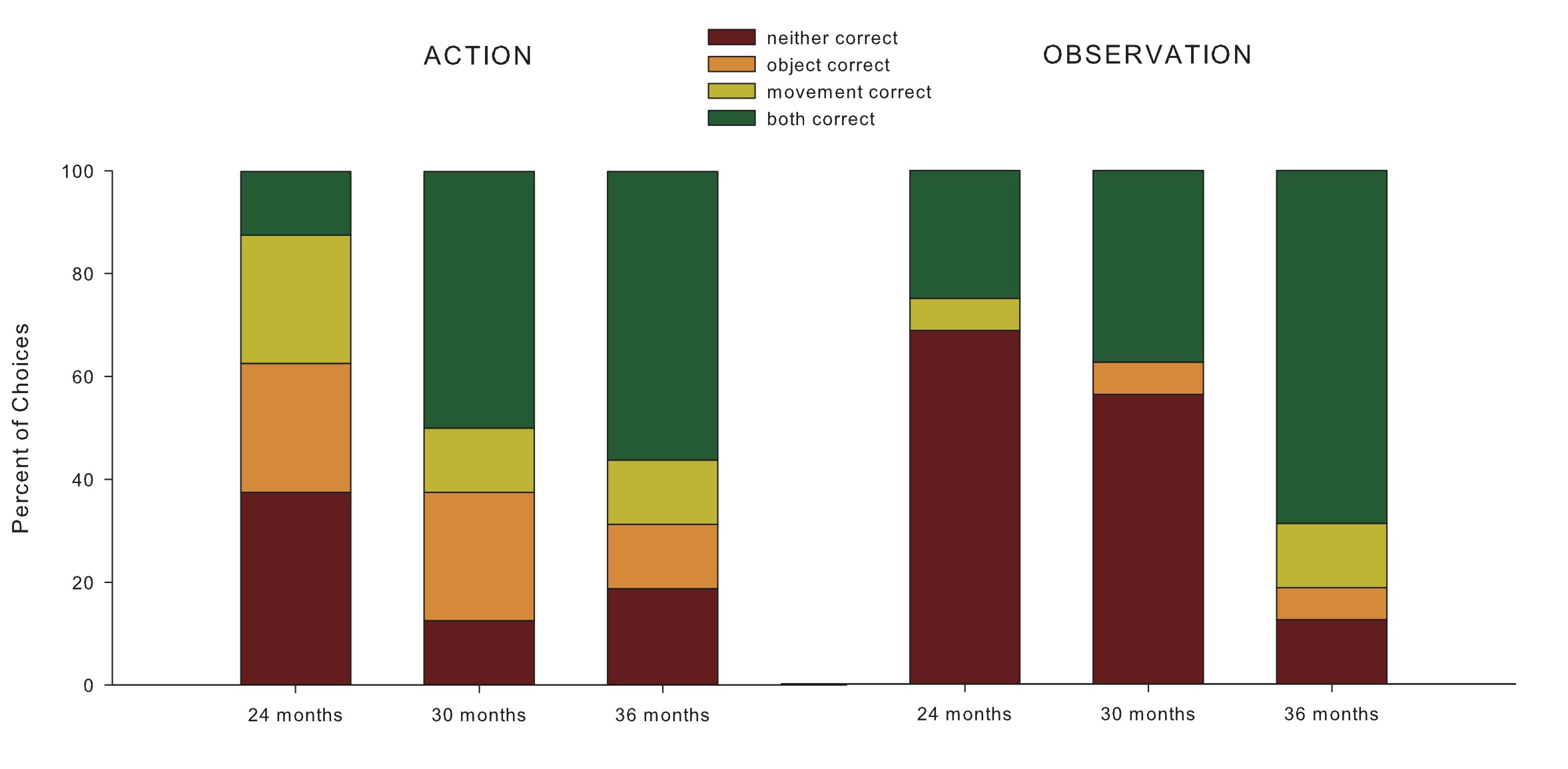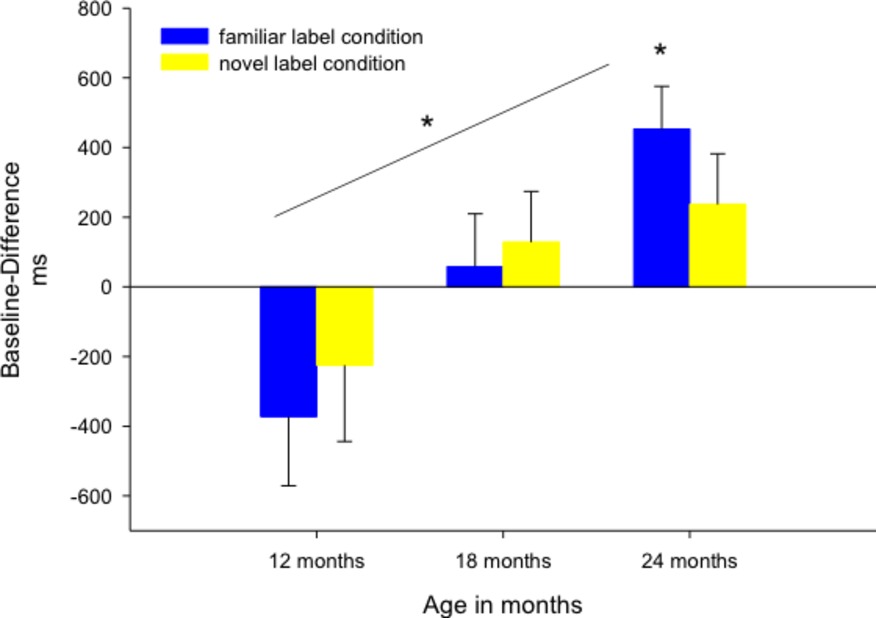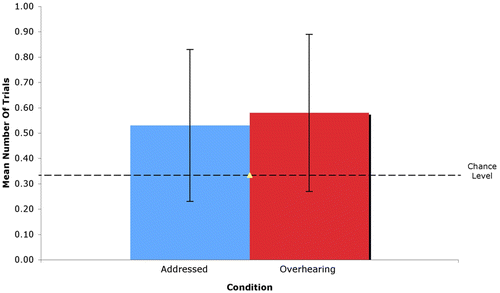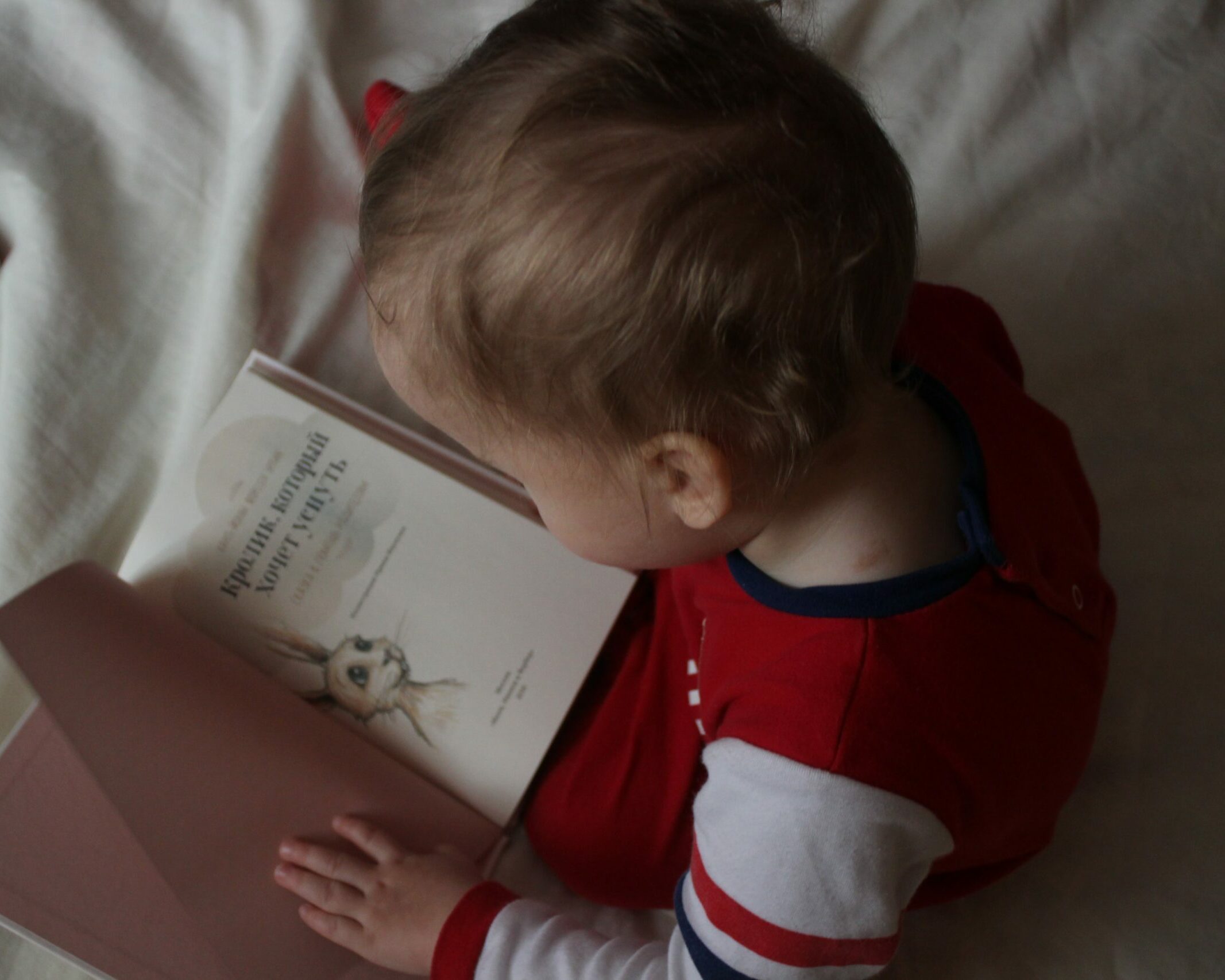
Links between language and action
Current approaches to embodied cognition assume that language is integrated into a framework of shared representations, along with action perception and action production. Thus, language is assumed to be grounded in bodily states and
based on physical or imagined interactions with the environment.
In this research area I am investigating: Does language help in action prediction? Does action production help in word learning? Do we learn actions from good speakers or words from good craftsmen?
Michelle Loher (2021 – Spring) KleineWeltentdecker App. Verband Aargauer Psychologinnen und Psychologen
(2019-11-25) App zu Entwicklungsschritten. Oekotest
(2019-11-06) kleine Weltentdecker App Universität Zürich. Psychoscope
Katharina Ledergerber (2017-06-02) Verbs link action to language. Blog on Learning and Development
